COFFEE: ELIXIR OF THE GODS
Coffee- the second most valuable traded commodity on the planet (to oil). Therefore, second most consumed beverage (to water), and people drink half a billion cups of it for breakfast around the world. It’s so important that in the Civil War the Union could not have won without it. Each Civil Union soldier received as part of his rations 36 pounds of coffee a year, and the word “coffee” was more prevalent in the journals of soldiers than any other word, including words that should be most prevalent, like “Lincoln” and “slavery” and “war.” Seriously- Union soldiers loved to be caffeinated so much that in 1859 the Sharps Rifle company put coffee grinders on the rifles themselves.
Chaos and Pain’s new coffee hits harder than a dubstep drop and gets you so hopped up you’d think you fell out of an airplane and landed face first in a Columbian coca field.
In other words, coffee is the business. It’s our jam, our jelly, our peanut butter, and our peanuts. The origins of coffee are a matter of some debate, but there is no doubt that the coffee bean hails from UNICEF’s favorite place for charitable donations, the perpetually starved nation of Ethiopia. Luckily, the people of Ethiopia decided to share the wealth with Arab traders, and by the 11th Century coffee had begun spreading throughout the Middle East and Europe. Firstly, this is the historical point at which life got as good as an all-expenses-paid vacation to the Playboy mansion for the world at large.
Had Ponce de Leon simply realized Ethiopia had already given the world the closest thing the world had to the fountain of youth, he could have stayed home and chilled rather than running around the Americas like a jackass.
Though coffee has gone in and out of vogue with nutritionists and health experts, the science is in, and it is definitive- coffee is the elixir of life. When Juan Ponce de León was looking for the fountain of youth in the New World, he had no idea humanity had already found it- it’s coffee. However, Coffee’s health-promoting properties are derived from its phytochemistry, which includes:
- For instance, caffeine. Caffeine improves power output, cardiovascular endurance, memory, reaction time, and testosterone, among other things. Scientists have also discovered that the caffeine contained in four cups of coffee a day had no deleterious effects on people’s health (Hamblin).
- Secondly, chlorogenic acid. Chlorogenic acid is the Robin to caffeine’s Batman… if Robin were at all cool. Thirdly, It lowers blood pressure, reduces absorption of dietary carbohydrate, and improves subjective well-being.
- caffeic acid. Caffeic acid boosts athletic performance, reduces the growth of cancer cells, reduces fatigue, and aids in the treatment of diseases ranging from HIV to herpes because it boosts immune function significantly.
All of that is awesome just on its face, but much like Voltron, the badass robotic Defender of the Universe, coffee is more than just the sum of its parts. Above all, Coffee reduces the effects and incidence of diabetes, reduces the spread of cancer, and is used to treat Parkinson’s and Alzheimer’s (Butt). Therefore, even for those skittish parties who jump at loud noises and live in perpetual fear of the effects of caffeine on their health, scientists have found absolutely no health benefits in decaffeinated coffee over its eminently superior caffeinated brother (Wayne).
So, there you have it- you are doing yourself a disservice if you avoid coffee. There’s a reason why both the London Stock Exchange and the New York Stock Exchange were founded in coffee shops: coffee is the fuel on which the engine of humanity runs.
“IN APRIL 1865, AT THE BLOODY, BITTER END OF THE CIVIL WAR, EBENEZER NELSON GILPIN, A UNION CAVALRYMAN, WROTE IN HIS DIARY, ‘EVERYTHING IS CHAOS HERE. MOREOVER, THE SUSPENSE IS ALMOST UNBEARABLE.’
‘WE ARE REDUCED TO QUARTER RATIONS AND NO COFFEE,’ HE CONTINUED. ‘AND NOBODY CAN SOLDIER WITHOUT COFFEE ‘” (NELSON).
After all, words to live by: Nobody can soldier without coffee. Thus, if you want to crush your enemies and destroy the opposition, coffee needs to be flowing down your gullet on a regular basis.
In conclusion, get some.
Sources:
Baker, Mario. Coffee Legends. Turkish Style Coffee. Web. 16 Aug 2017. http://www.turkishstylegroundcoffee.com/coffee-history/coffee-legends/
Butt MS, Sultan MT. Coffee, and its consumption: benefits and risks. Crit Rev Food Sci Nutr. 2011 Apr;51(4):363-73.
Cano-Marquina A, Tarín JJ, Cano A. The impact of coffee on health. Maturitas. 2013 May;75(1):7-21.
Grinspan, John. How coffee fueled the Civil War. New York Times. 9 Jul 2014. Web. 17 Aug 2017. https://opinionator.blogs.nytimes.com/2014/07/09/how-coffee-fueled-the-civil-war/
Hamblin, James. Drinking four cups of coffee is probably safe. The Atlantic. 26 Apr 2017. Web. 17 Aug 2017. https://www.theatlantic.com/health/archive/2017/04/caffeine-probably-safe/523929/
The history of coffee. National Coffee Association. Web. 16 Aug 2017. http://www.ncausa.org/About-Coffee/History-of-Coffee
History of Turkish coffee. Turkish Coffee World. Web. 17 Aug 2017. https://www.turkishcoffeeworld.com/History-of-Coffee-s/60.htm
Morisco F, Lembo V, Mazzone G, Camera S, Caporaso N.. Coffee and liver health. J Clin Gastroenterol. 2014 Nov-Dec;48 Suppl 1:S87-90.
Nelson, Davia and Nikki Silva. If war is hell, then coffee has offered U.S. soldiers some salvation. NPR. 25 Jul 2016. Web. Aug 2017. http://www.npr.org/sections/thesalt/2016/07/25/485227943/if-war-is-hell-then-coffee-has-offered-u-s-soldiers-some-salvation
Whayne TF Jr. Coffee: A Selected Overview of Beneficial or Harmful Effects on the Cardiovascular System? Curr Vasc Pharmacol. 2015;13(5):637-48.
Wierzejska, R. Can coffee consumption lower the risk of Alzheimer’s disease and Parkinson’s disease? A literature review. Arch Med Sci. 2017 Apr 1; 13(3): 507–514.

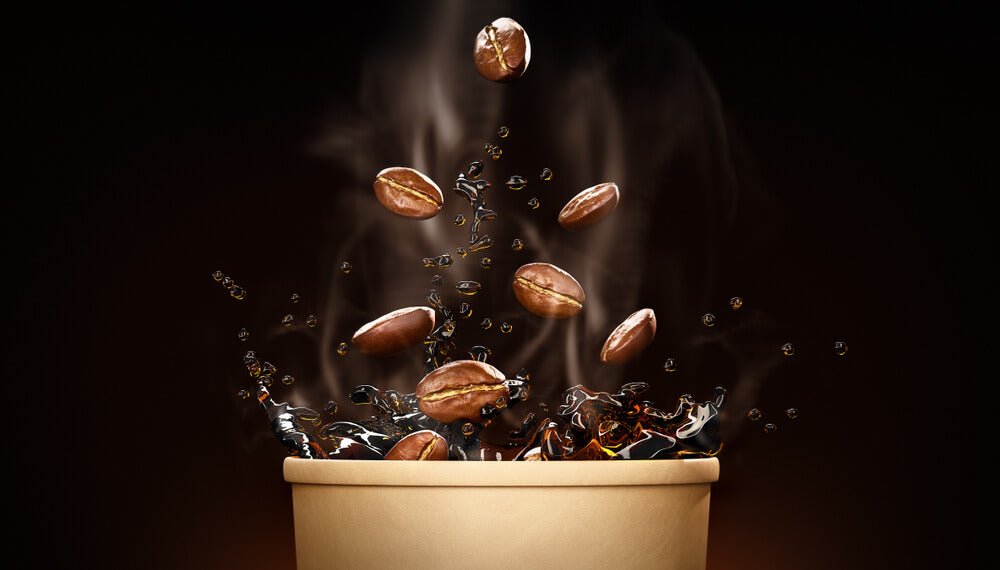
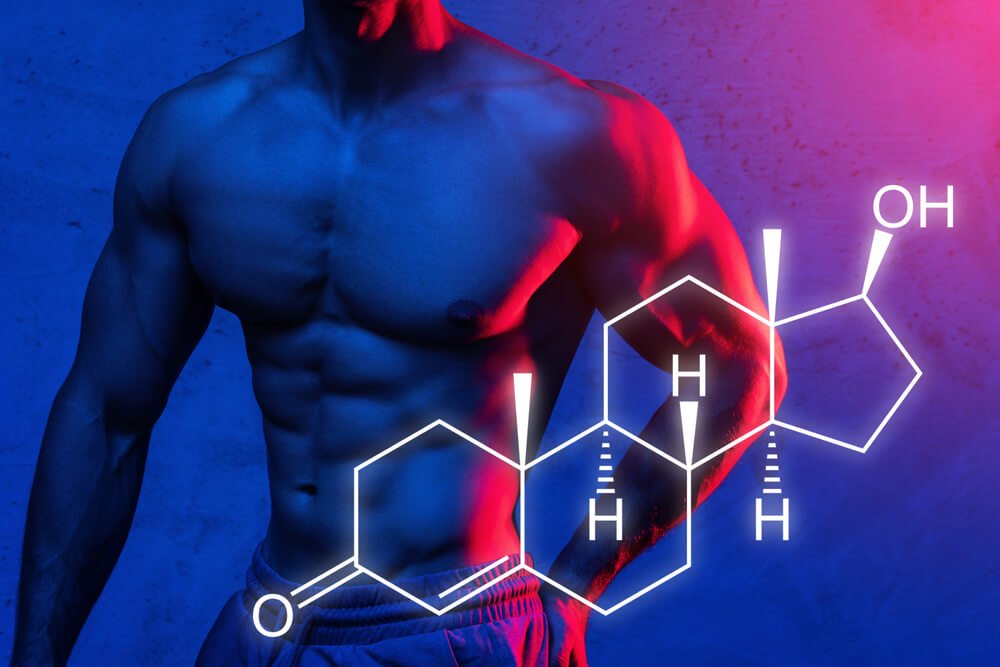
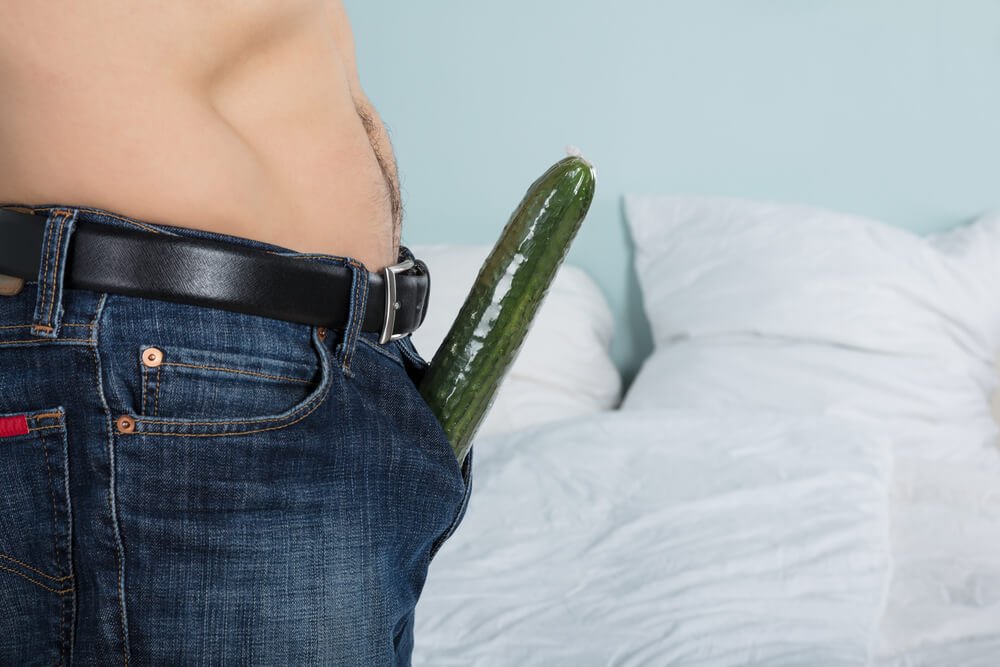
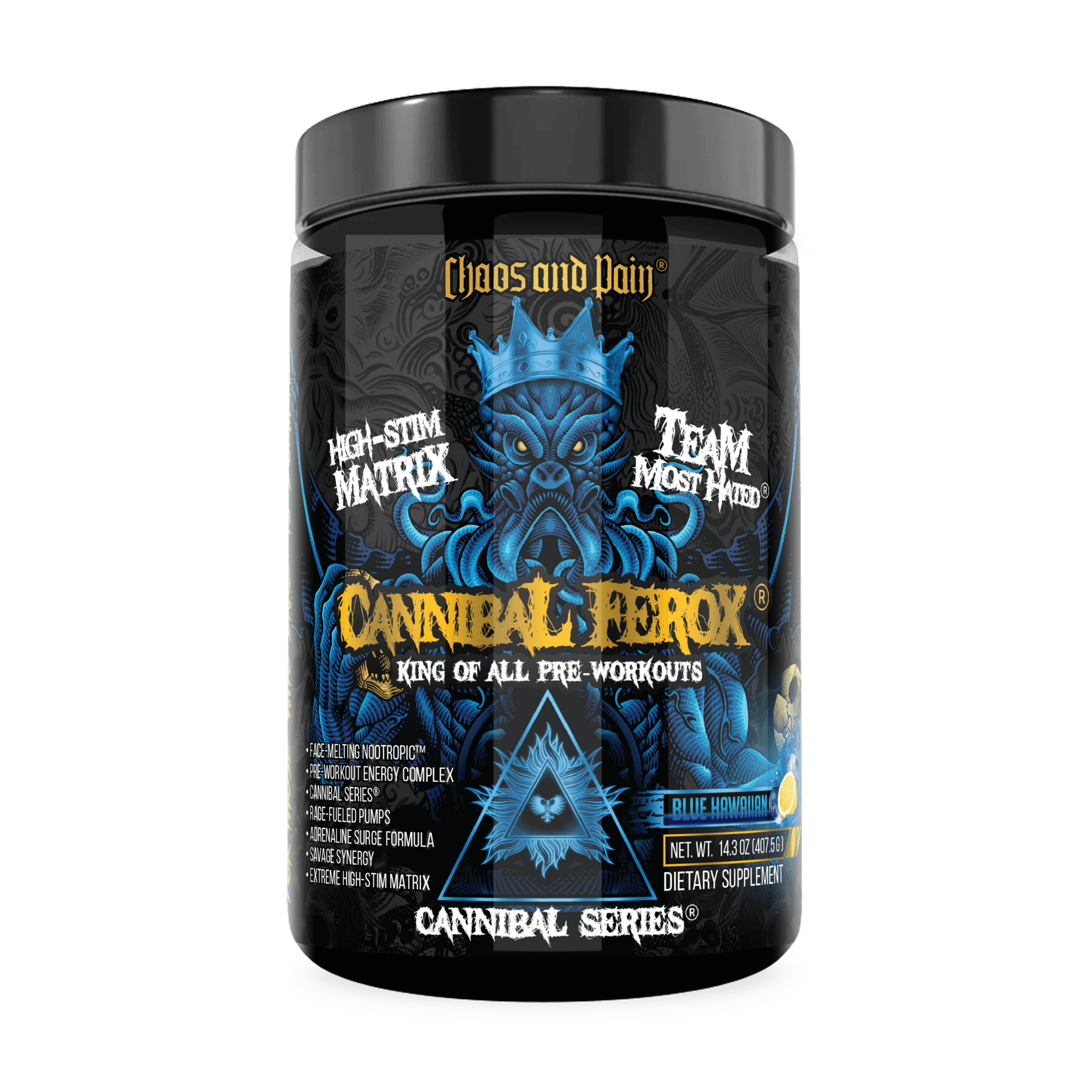
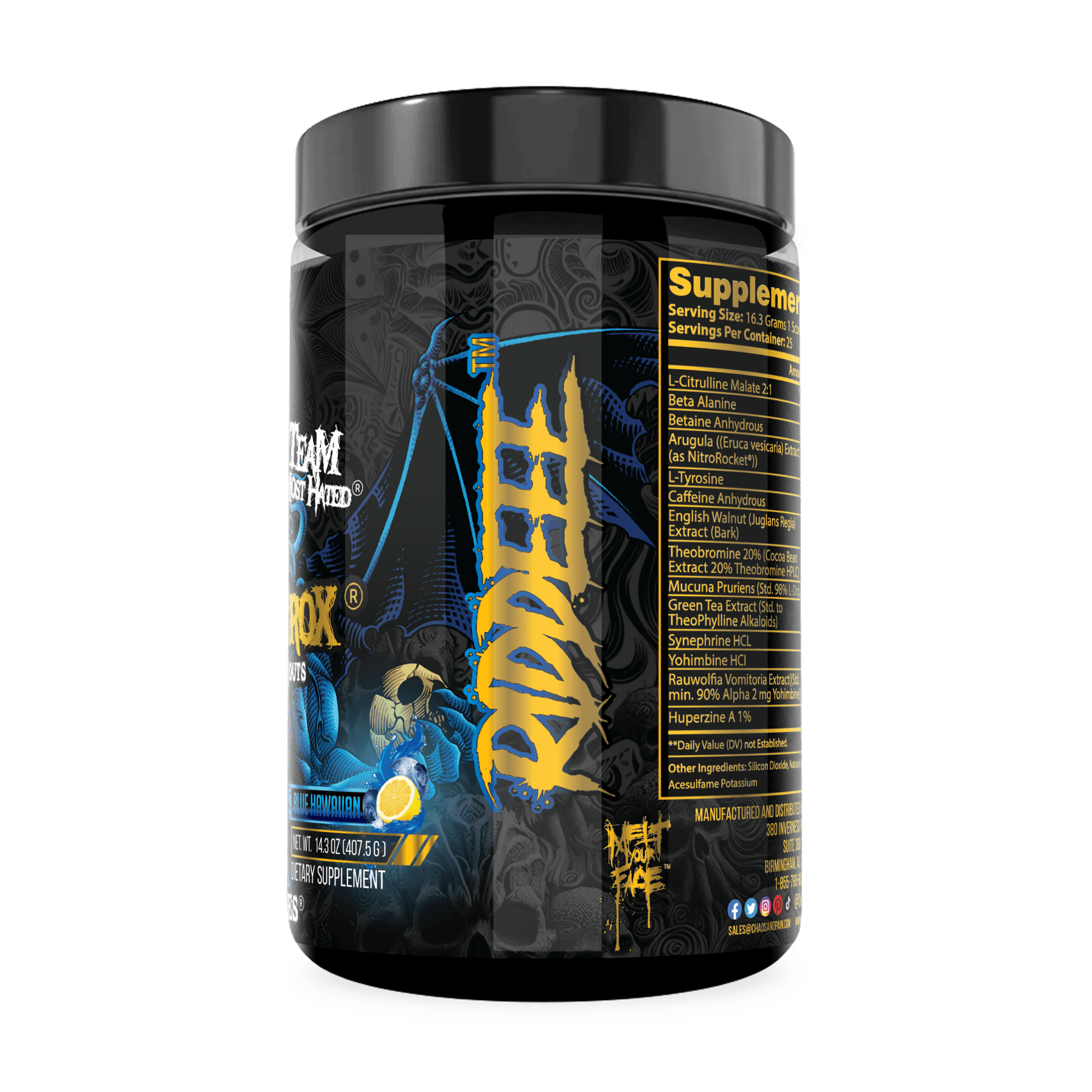


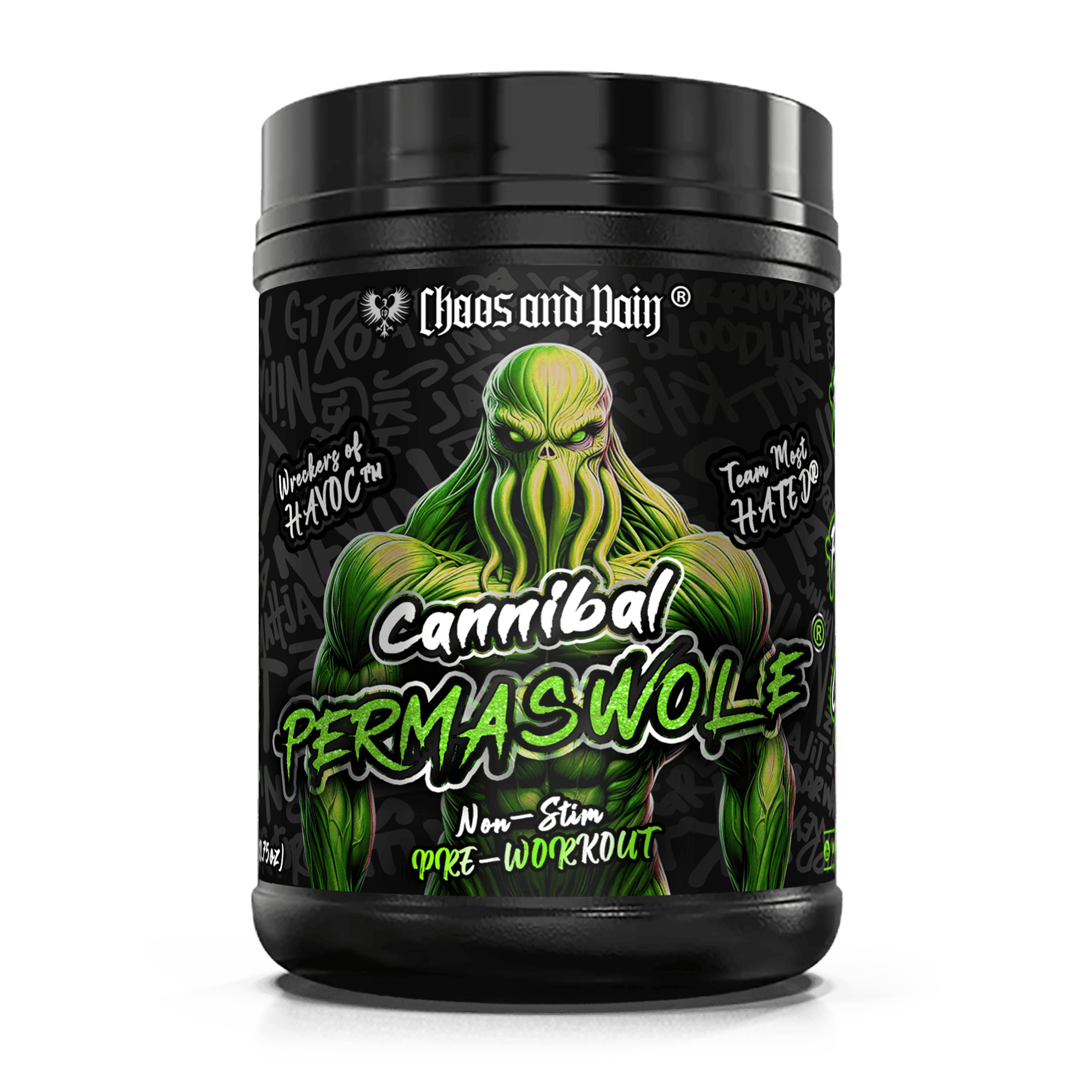
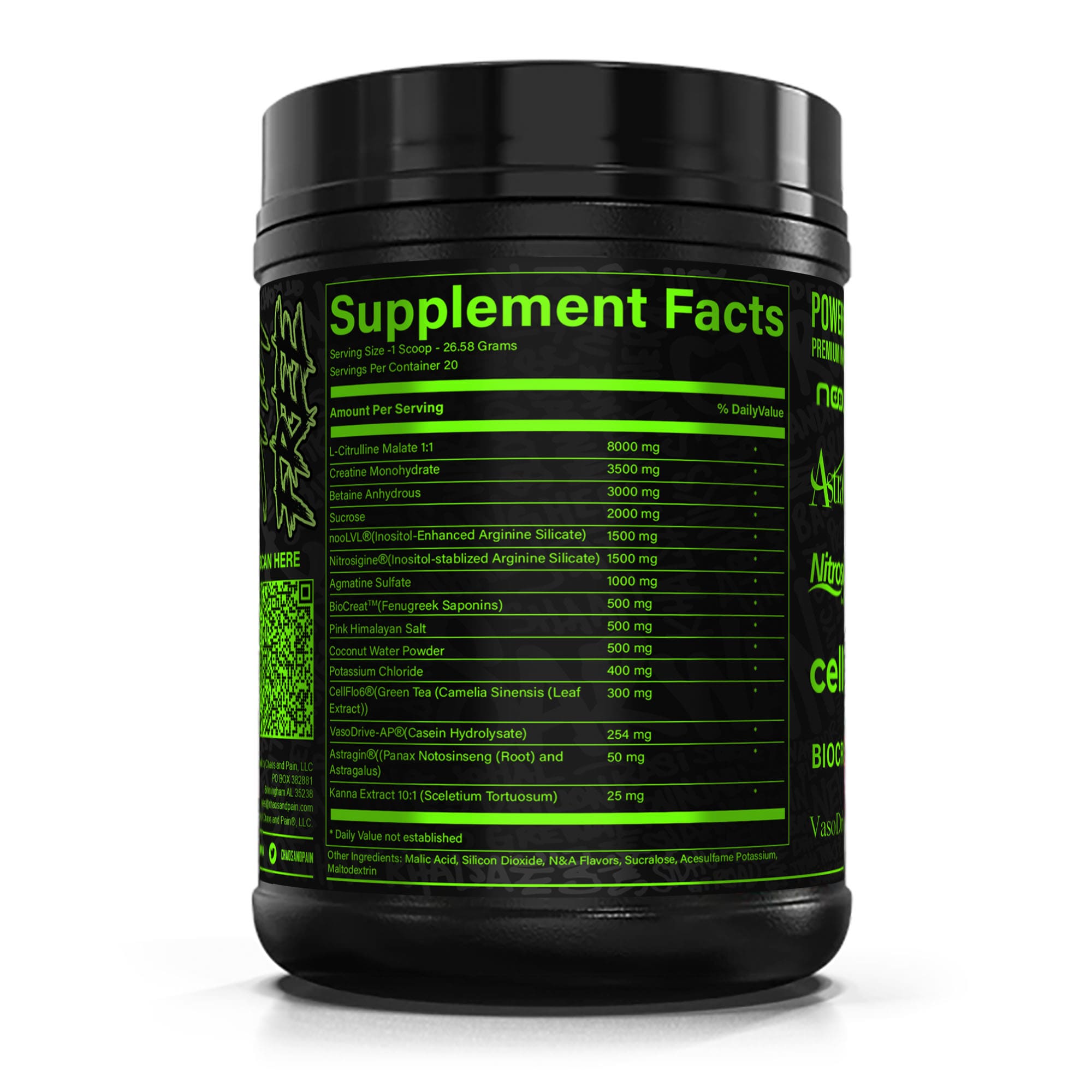
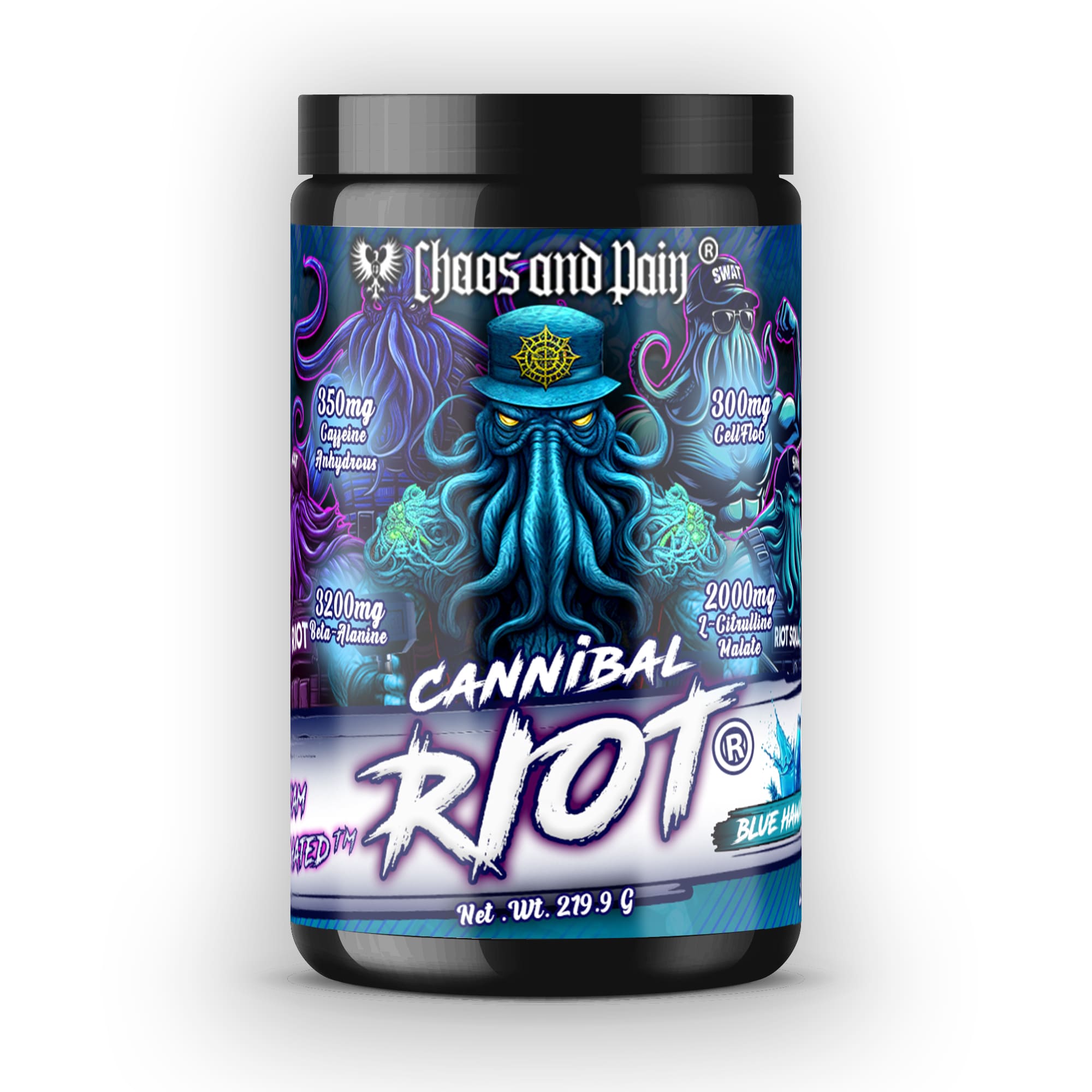
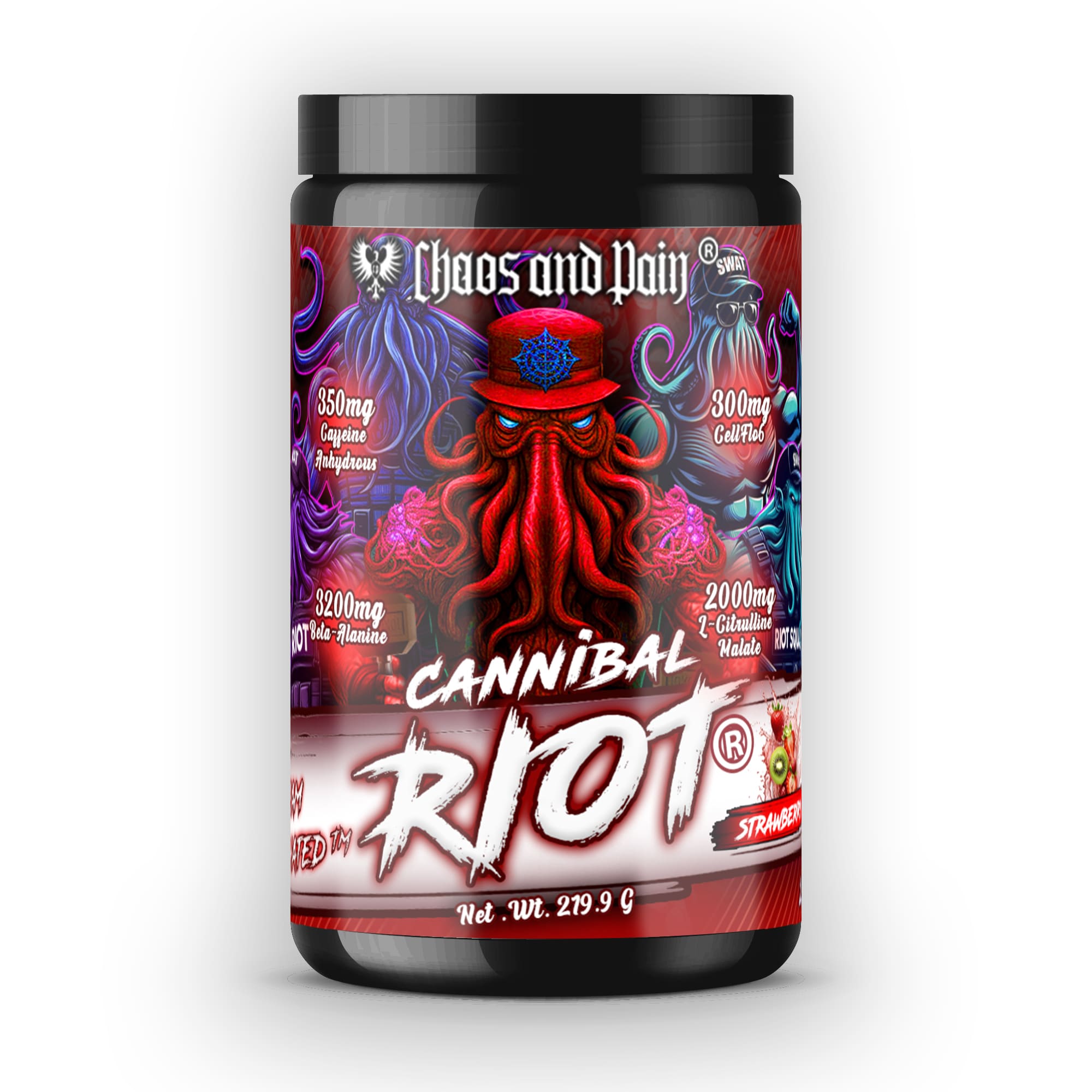
Leave a comment
All comments are moderated before being published.
This site is protected by hCaptcha and the hCaptcha Privacy Policy and Terms of Service apply.